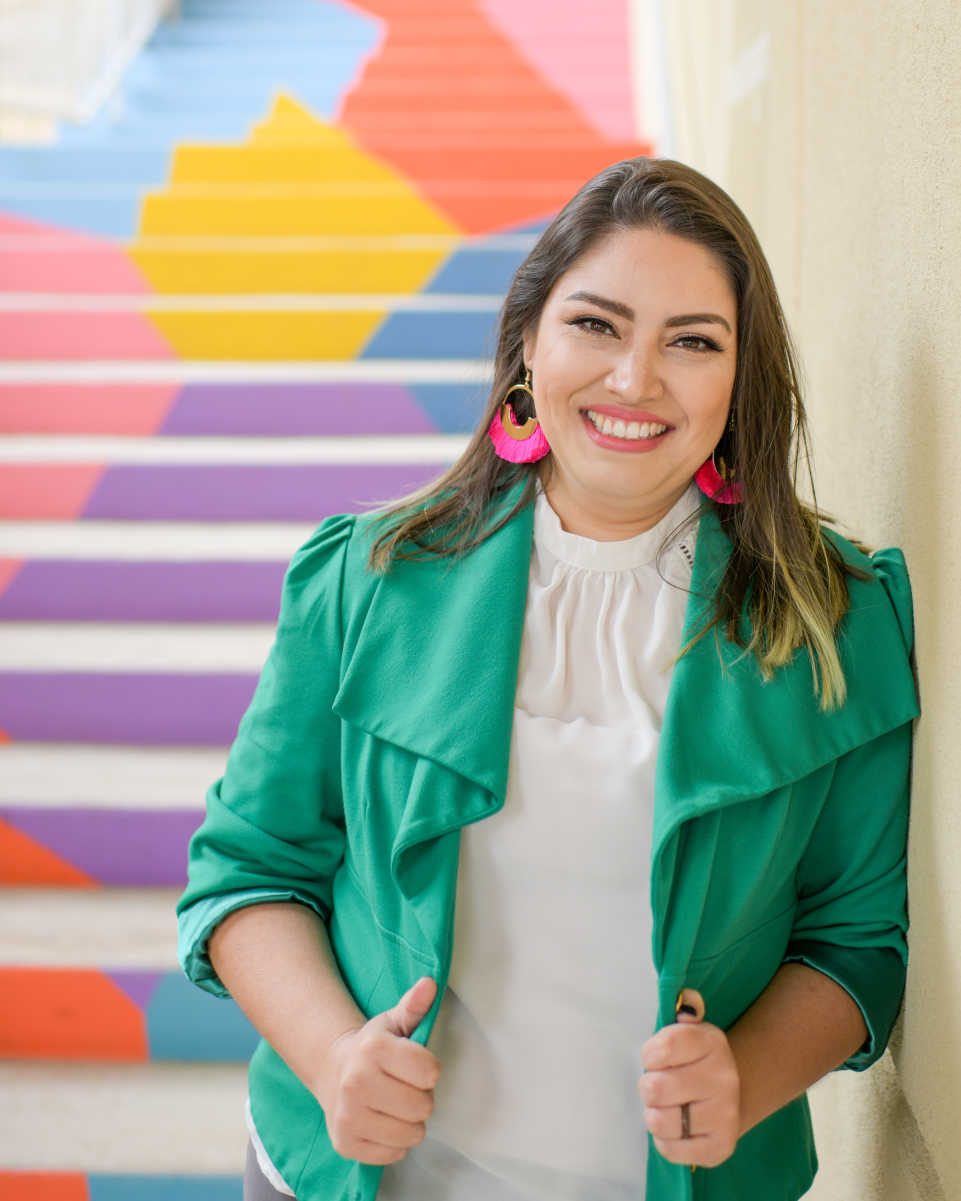Together, We All Win

Even as a kindergartener, you probably heard your teachers tell you to include others. This may have meant giving each member of a group a chance to contribute to a project. Maybe it meant inviting a lonely classmate to join a playground game, or following a school policy to send birthday-party invitations to the entire class. All of these are examples of ways to be inclusive.
Making people feel like they belong is important. Inclusion looks different as you progress in school—and as you continue on your career path. There are many benefits to creating spaces, both at school and in your chosen career, that are designed to include everyone.
When you’re inclusive, you help build . . .
a sense of safety and belonging. Everyone should feel safe in places where people learn or work. People shouldn’t feel like everything they say or do will be criticized or shut down. That’s just basic respect, right? But the real benefit is feeling like you belong—that you not only deserve to be there, but that you are welcome just as you are.
authenticity and confidence. When people feel welcome, they feel comfortable being themselves. They don’t feel as if they have to hide or apologize for parts of themselves because they’re worried about being judged. Being able to be your true self frees up your brain to be more creative and productive. It also builds confidence.
problem-solving skills and opportunities for growth. When a group of people is in an inclusive space, often those people will have differing views and opinions to share. Why? Because each person is different! This situation can be a great time to practice problem-solving skills (although seeing things differently isn’t always a problem) to find a resolution. It’s also a great time to ask questions and learn from people whose knowledge, experience, skills, and ways of thinking are different from yours.
new pathways. A barrier-breaker is a person who overcame being excluded and went on to become the first person to do something. Most barrier-breakers don’t set out to achieve their goal just to be first. But their accomplishment can be followed by learning, opportunity, and growth in that industry. For example, Dr. Alexa Canady broke barriers as the first Black woman to become a neurosurgeon in the United States. In a personal essay from 2020, she wrote, “I had achieved my dream. And that’s all it was to me, because being the ‘first’ anything was never my goal.” Later, she realized how important her milestone was to young Black girls who now felt welcome to aspire to be neurosurgeons. “While being first wasn't important to me,” she wrote, “it was important for many others.”

Often, classes, clubs, and teams aren’t as inclusive as they need to be. Unfortunately, you may find this true of workplaces too. But in all of these spaces, you can make change.
To create a more inclusive space, you can . . .
look for whose voice is missing. Is everyone being invited to help make decisions? Do the books, shows, podcasts, and other media you’re consuming portray different perspectives? Make sure you are including as many people and voices as possible.
listen and learn. If you feel like people are being excluded, take time to ask those people what they want or need. Then, listen to their responses. Don’t assume you know what’s best.
support individuality. Everyone has strengths and weaknesses. Encouraging all people in your group to be their own awesome kind of weird is what makes working with others fun and interesting.
speak up. When you see people excluding others, use your voice. This doesn’t always mean saying something in the moment (especially if the people being excluded prefer to speak up for themselves). But it can mean offering your support or encouragement to whoever is being excluded, or, in a private conversation, expressing your disapproval to those who are being exclusive.
When a team is inclusive, all of its members benefit from a feast of different ideas and perspectives. How will you be inclusive as you work toward your future goals?

